The discussion around All-In-One (AIO) CPU coolers versus custom loops will always be ongoing. However, recently there has been a lot of innovation in the AIO market by manufacturers to try to match the performance and customizability of custom loops. Corsair, not to be outdone by its competitors, is launching its next-generation AIO CPU cooler, the iCUE LINK Titan RX RGB. The Titan combines Corsair's latest advancements in cooling engine technology, replaceable pump caps, and iCUE LINK RX120 fans in hopes of being your next CPU cooler.
In addition to the Titan AIO, Corsair supplied me with three of its CapSwap modules. This review will examine the iCUE LINK LCD Screen, VRM Fan, and Pump Cap Groove modules. Is the Titan good enough to topple another AIO I've recently reviewed, the Cooler Master 360 Ion? Continue reading to find out.
Introduction
Corsair Gaming Inc. is a computer peripheral manufacturer headquartered in Fremont, California. Established in 1994, Corsair has supplied the industry with it’s products manufactured in Taiwan. Today we will examine the MP600 Pro LPX 2TB PCIe Gen 4.0 NVMe SSD supplied through Corsair’s North American distributors and aimed at the console market, specifically the Playstation 5. Will Corsair deliver on it’s latest drives read/write promises? Read on.
Features
Extreme Gen4 Storage Performance on PS5: A PCIe Gen4 x4 SSD that delivers up to 7,100MB/sec sequential read and 6,800MB/sec sequential write speeds.
High-speed PCIe Gen4 x4 M.2 NVMe 1.4 Interface: Using PCIe Gen4 technology for maximum bandwidth.
Capacities to Store Your Collection: Expand your console’s storage by 500GB, 1TB, 2TB, or a massive 4TB.
Gaming Made Faster: The MP600 PRO LPX exceeds all Sony PS5 M.2 performance requirements, so large game files load faster than ever, directly from the SSD.
Pre-Installed Low-Profile Aluminum Heatspreader: Helps disperse heat and reduce throttling, so your SSD maintains sustained high performance right out of the box.
Compact M.2 2280 Form-Factor: Installs directly into your PlayStation 5 and meets all PS5 M.2 size requirements.
High-Density 3D TLC NAND: Provides the ideal mix of performance and endurance to keep your drive running at its best for years.
Comprehensive Five-Year Warranty: Long-term reliability and industry-leading customer support for extended peace of mind.
Technical Specifications
Achieve lightning-fast speeds up to 7,100MB/sec sequential read and 6,800MB/sec sequential write with PCIe Gen4 technology, allowing large game files to load faster and smoother.
The MP600 Pro LPX was designed with Sony PS5 in mind. I do not posses a PS5, so this review will concentrate on validating Corsair’s performance claims on a PC. This drive utilizes a NVM 1.4 standard, 3D TLC NAND and a Phison 9S5018-E18 controller. All told, this drive can reach a maximum of 7100MB/s sequential read and 6800MB/s sequential write speeds.
Unboxing
Investigation of the package internals reveals a thick padded foam enclosure. The foam is quite durable and the best NVMe SSD product protection I have encountered. Literature for safety information and details of the extended 5 year manufacturer warranty are included.
A Closer Look
The heatsink is tiny (10mm in height), with a matte black finish comprised of aluminum. It is aesthetically pleasing and boasts a traditional design with the signature Corsair sailboat logo. I was shocked to find unevenly spread thermal putty instead of full coverage pads across the memory modules. While I’m testing on an open air bench which affords an overall cooler environment, typical users may find the thermal solution inadequate in a less ventilated cases.
Test System
The MP600 Pro LPX was connected to the South bridge M.2 slot for testing. Windows 11 operating system was run from the comparison Sabrent Rocket 4.0 1TB drive occupying the first M.2. slot. The entire system was operated on an open test bench in the “dungeon” with an ambient temperature range of 10-13c.
- CPU: Intel 12900KF
- Motherboard: ASUS Prime Z690-A
- RAM: G.Skill DDR5 XMP 5600
- GPU: EVGA 3070Ti FTW
- PSU: Super Flower 1000w
Drive Software
The software package for the MP600 Pro LPX is very basic yet functional. The Corsair SSD Toolbox can be downloaded HERE. Typical usage such as cloning, SMART data and firmware image updating can be accomplished within the suite. We would recommend updating the firmware of the MP6OO PRO LPX before using it in your PS5, just as a matter of course. Might as well run the latest firmware!
Test Suite
The test suite is comprised of Crystal Disk Mark 8.0.4×64, ATTO Disk 4.01.0f1, AS SSD 2.0.7316.34247 and Futuremark 3DMARK storage benchmarks. Tests were ran with a default of 1GiB. An additional run of CDM8 was completed using a 32GiB size file to bypass the disk cache on the drive (Results were similar). During the runs, temperature min/max data was saved using HWinfo64. Comparison drives were a Sabrent Rocket 4.0 1TB NVMe (with 1.3NVM protocol) and a Crucial MX500 1TB SATA.
Crystal Disk Mark
ATTO Disk Benchmark
AS SSD Benchmark
3DMARK Storage Benchmark
Thermals

All of the benchmarks were completed on an open bench table as previously noted. At no point did the temperature of the drive exceed 21c. These results were obtained in a very low ambient temperature environment and would not be typical for the average user. I was not pleased with the globs of thermal putty leaving areas of the drive without thermal transfer capability. Full coverage pads SHOULD have been used. I have reached out to Corsair to get specific info on the thermal rating of the putty used on this drive. I will update this post when I get the correct technical specifications.
Pricing
Pricing is on par with other NVMe 4.0 drives with heatsinks that rely on the NVM 1.4 standard. This 2TB version is priced $10 less than a Samsung 980 evo, which boasts similar read/write speeds. We should expect to see pricing fall as other manufacturers start to distribute similar drives. Gamers should be unwilling to pay the 0.17c per GB price tag of the drive when PCIe 3.0 drives are available for half the cost with negligible game loading time differences.
Conclusion
I am ultimately pleased with the performance of Corsair’s MP600 Pro LPX. It is compact, easy on the eyes and accomplishes it’s specified read/write maximums. I can’t envision a consumer willing to pay more than half of the cost of a Playstation 5 to increase their storage capacity. Corsair should have given more consideration to fully covering their memory modules with thermal padding instead of globs of putty which gives poor coverage, that being said, this drive would be an incredibly fast edition to your Playstation 5. If you are a PC enthusiast who has deep pockets or happen to be running a server with fast speed requirements, then this drive would be a perfect upgrade in those scenarios as well.
| Pro's | Con's |
|---|---|
| FAST! | Expensive |
| Aesthetically Pleasing | Sloppy Thermal Interface |
| Bleeding Edge Tech |
Want to discuss this product or give your views and feedback from your own usage? Discuss on the ExtremeHW Forums
Like our content? Please consider Donating to help us to continue our writing.
This Post Has 3 Comments
Leave a Reply
You must be logged in to post a comment.




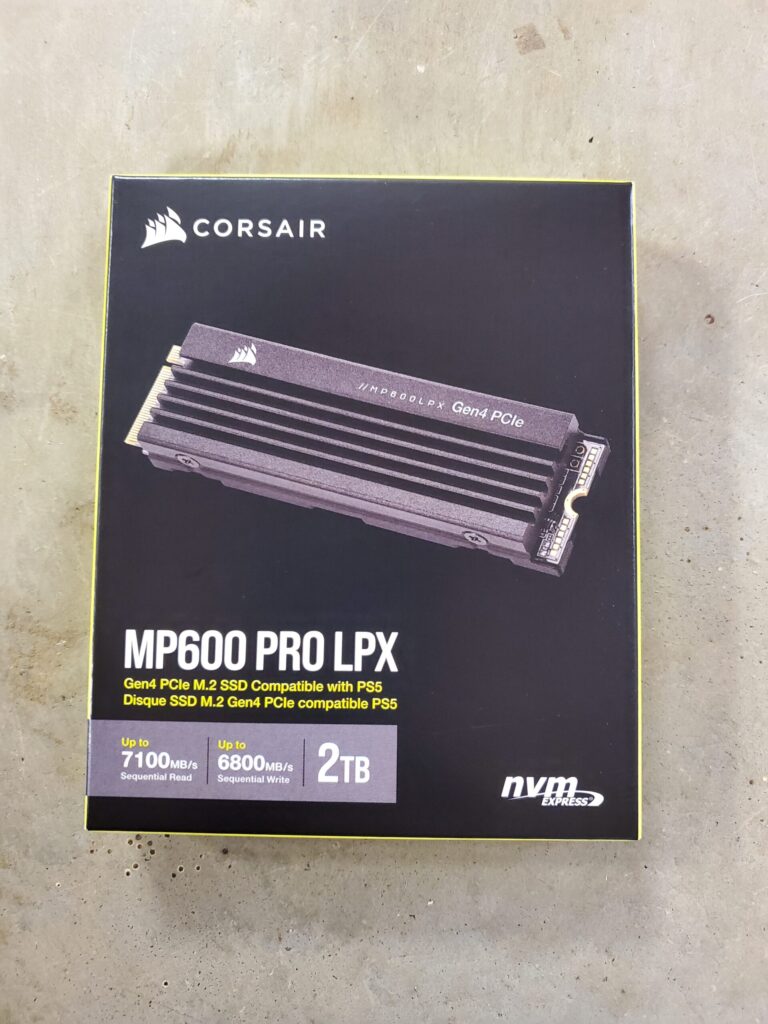
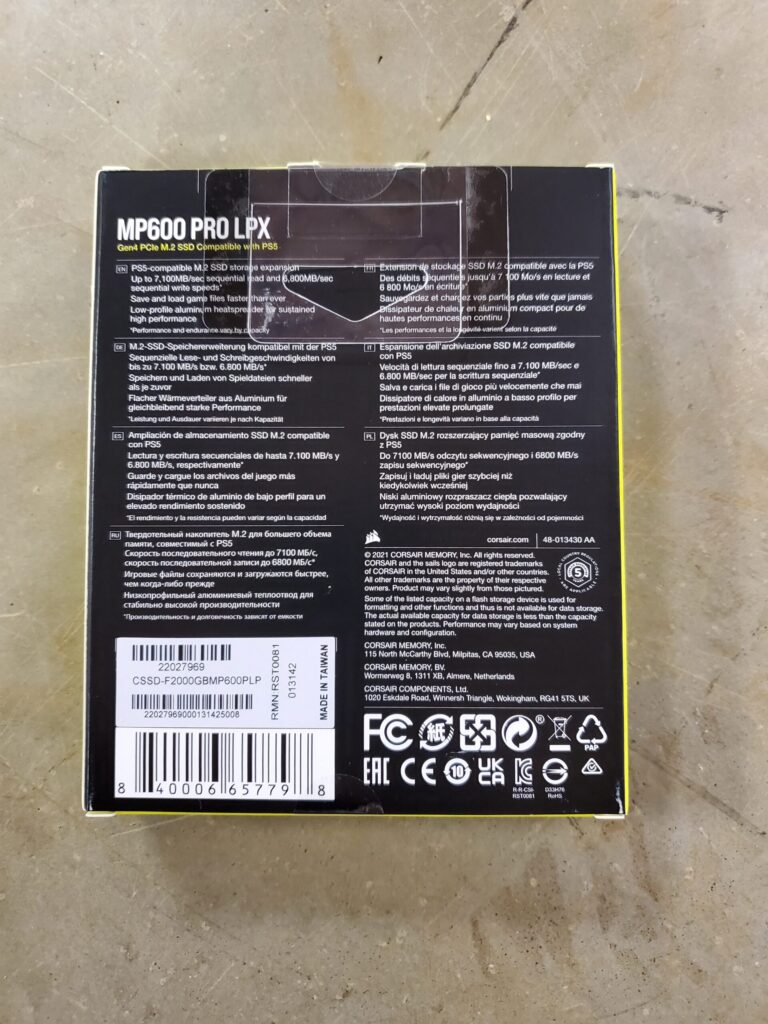


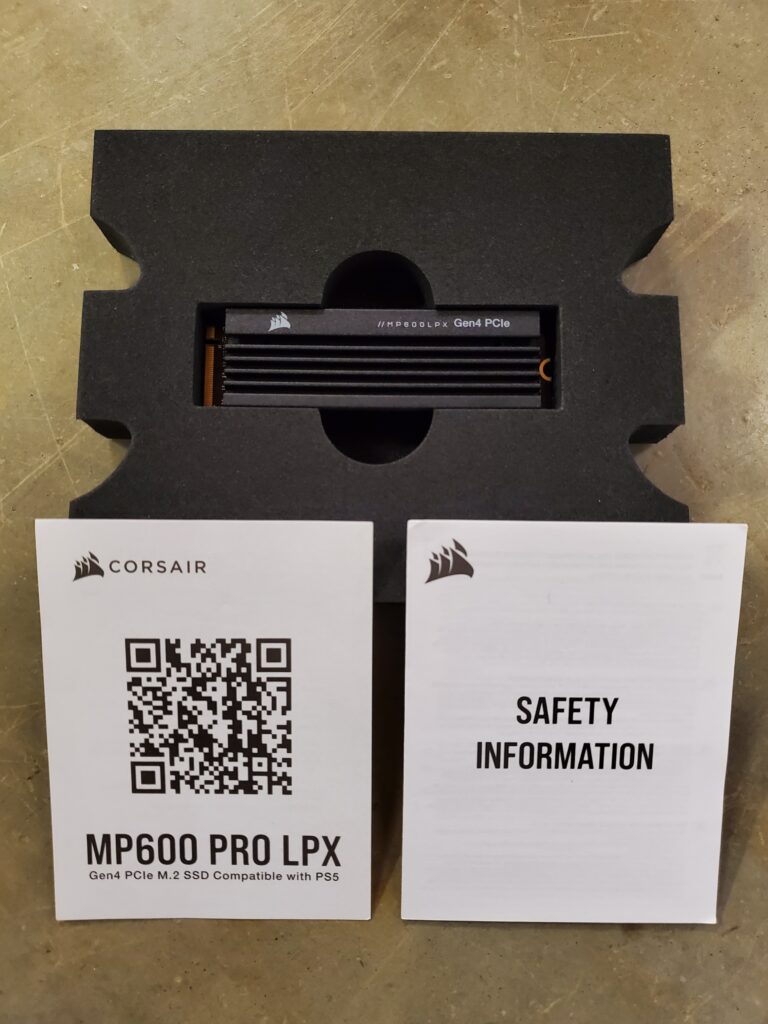
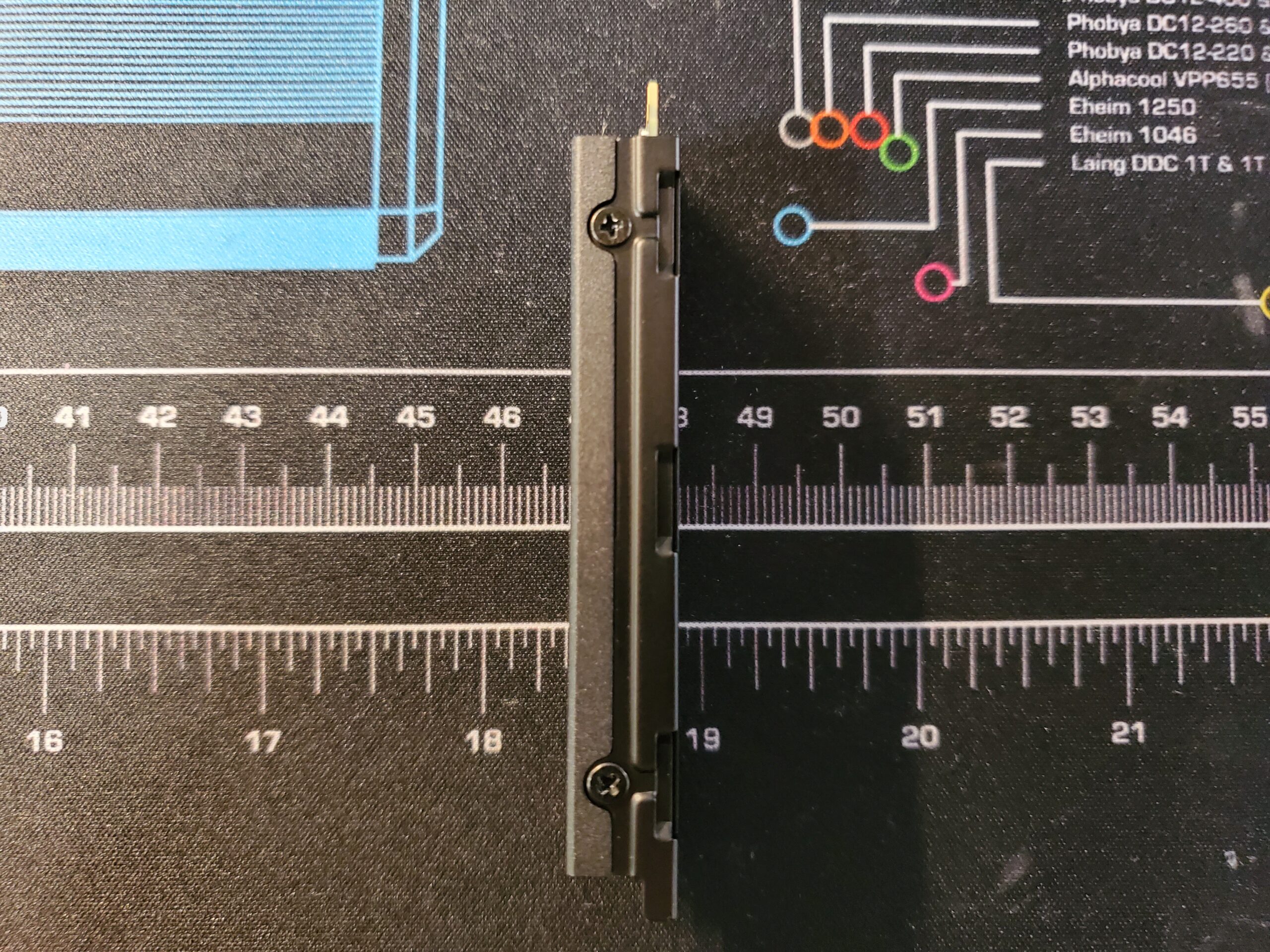
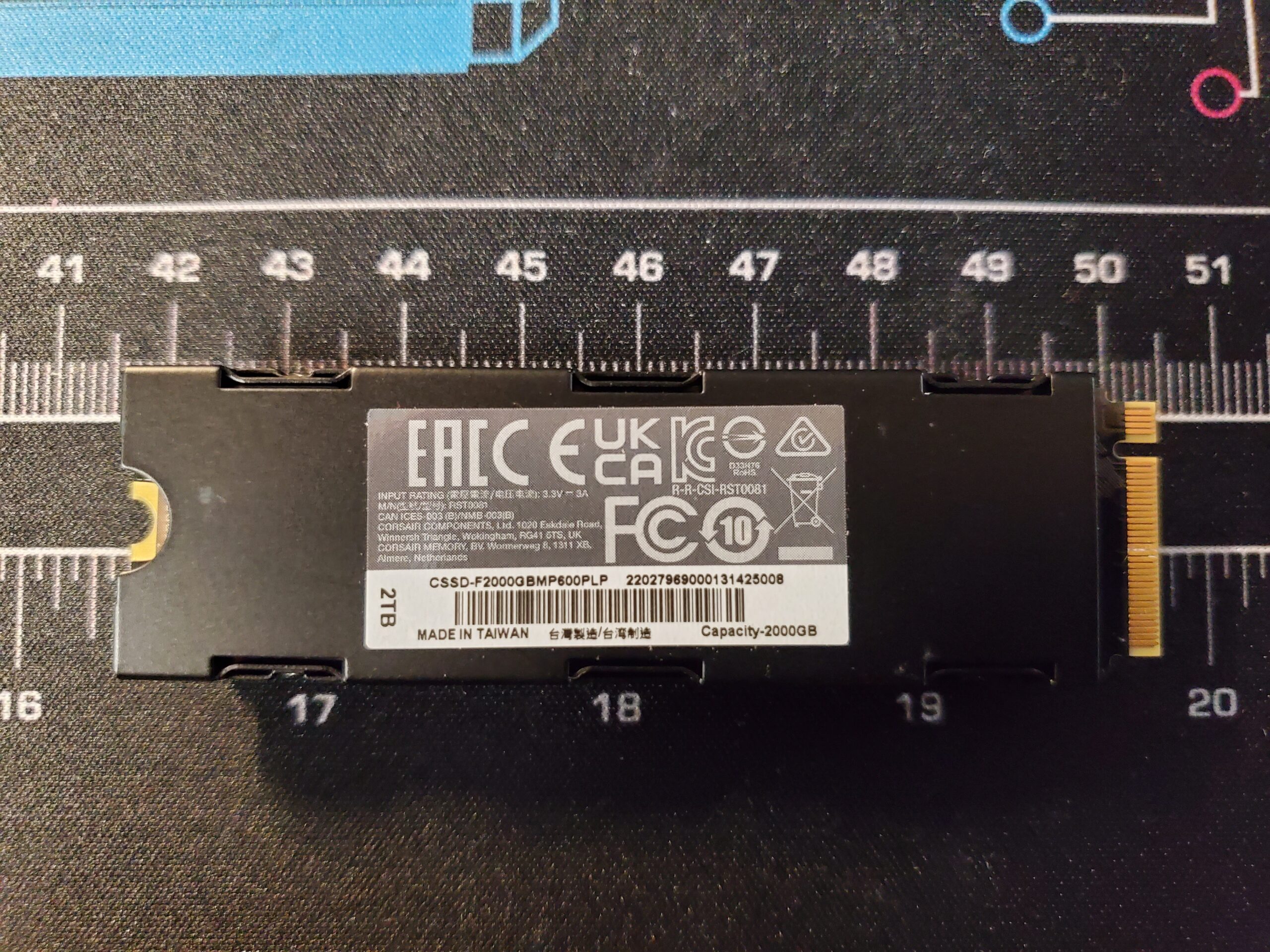
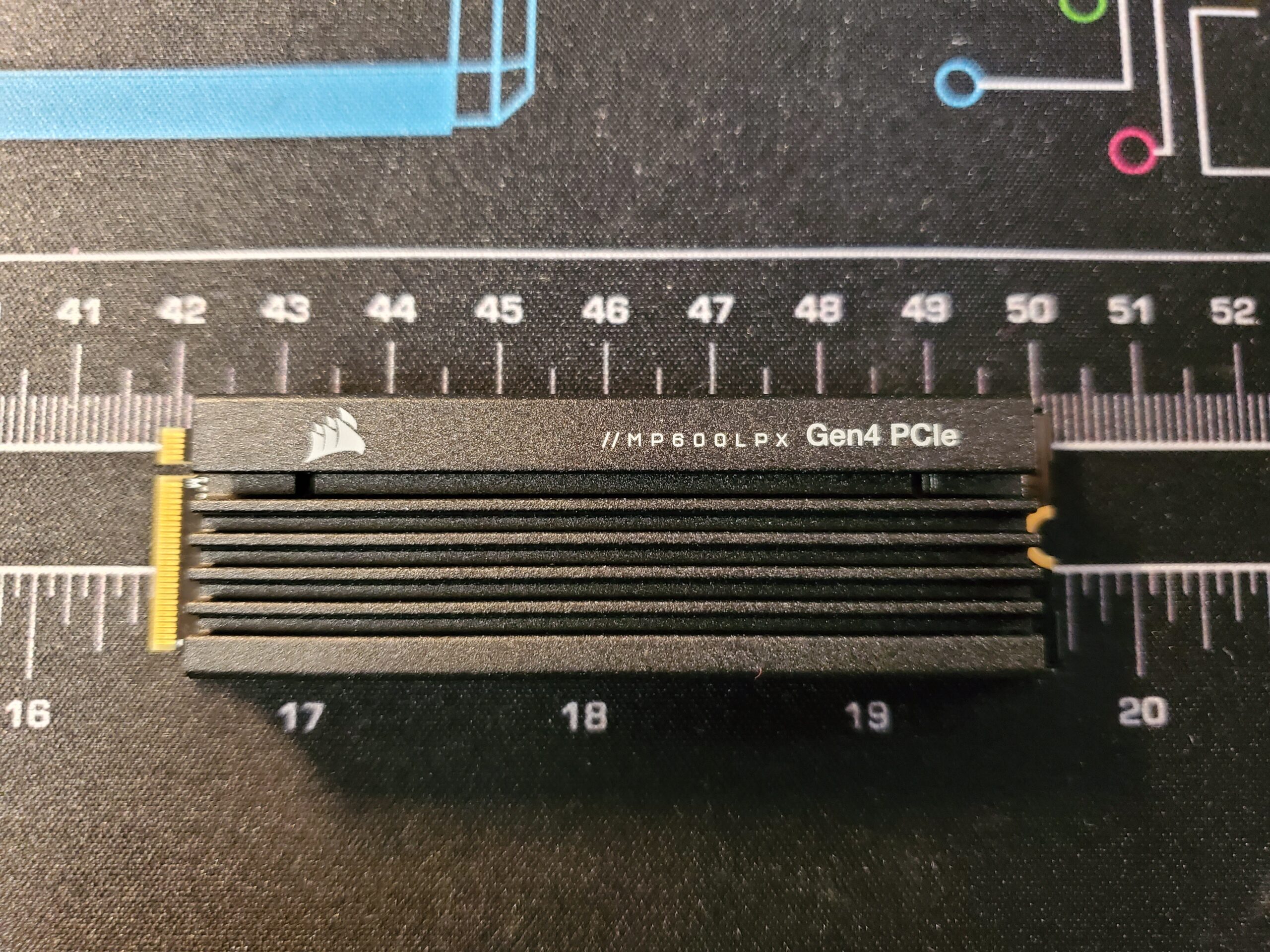
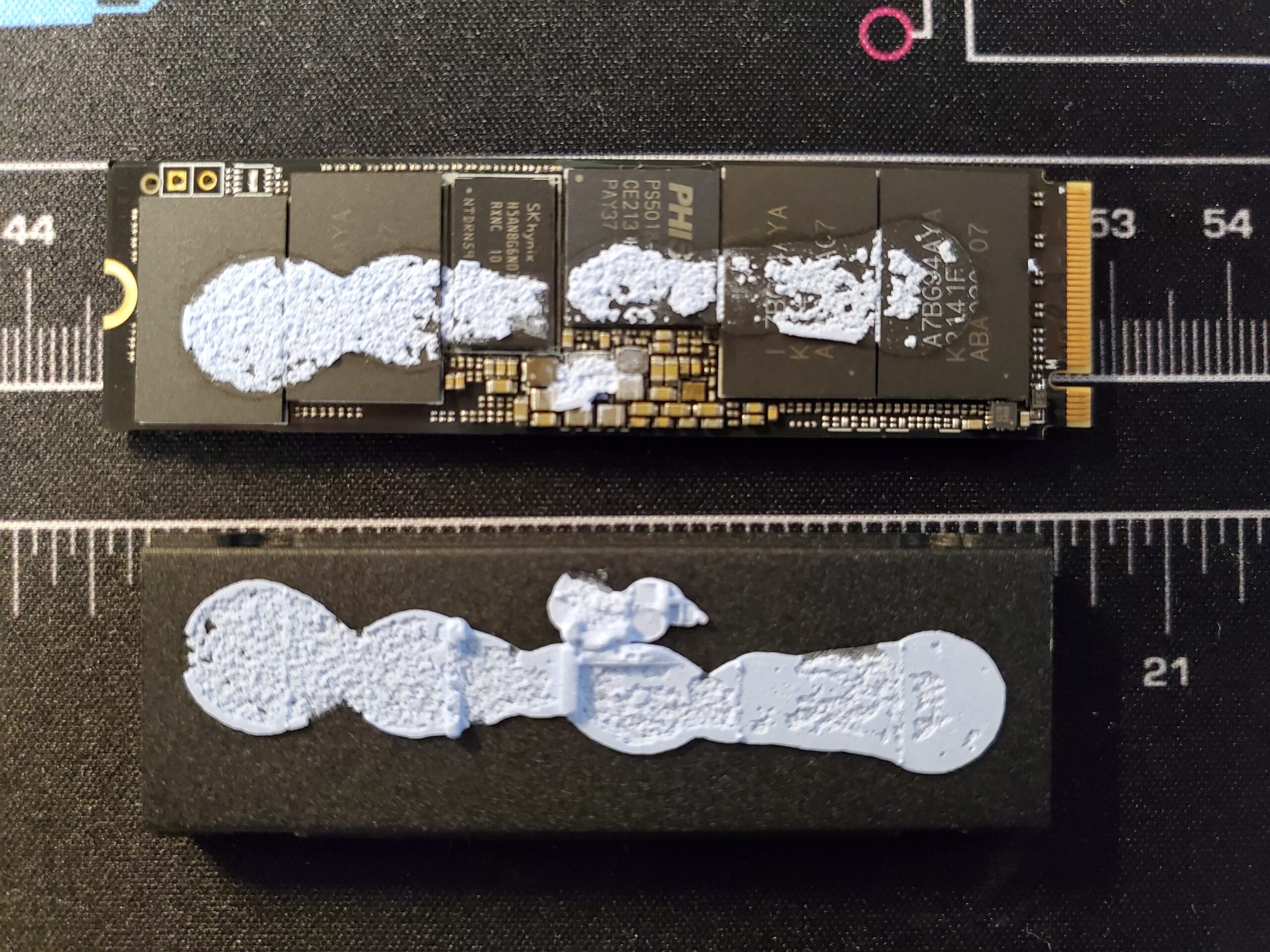
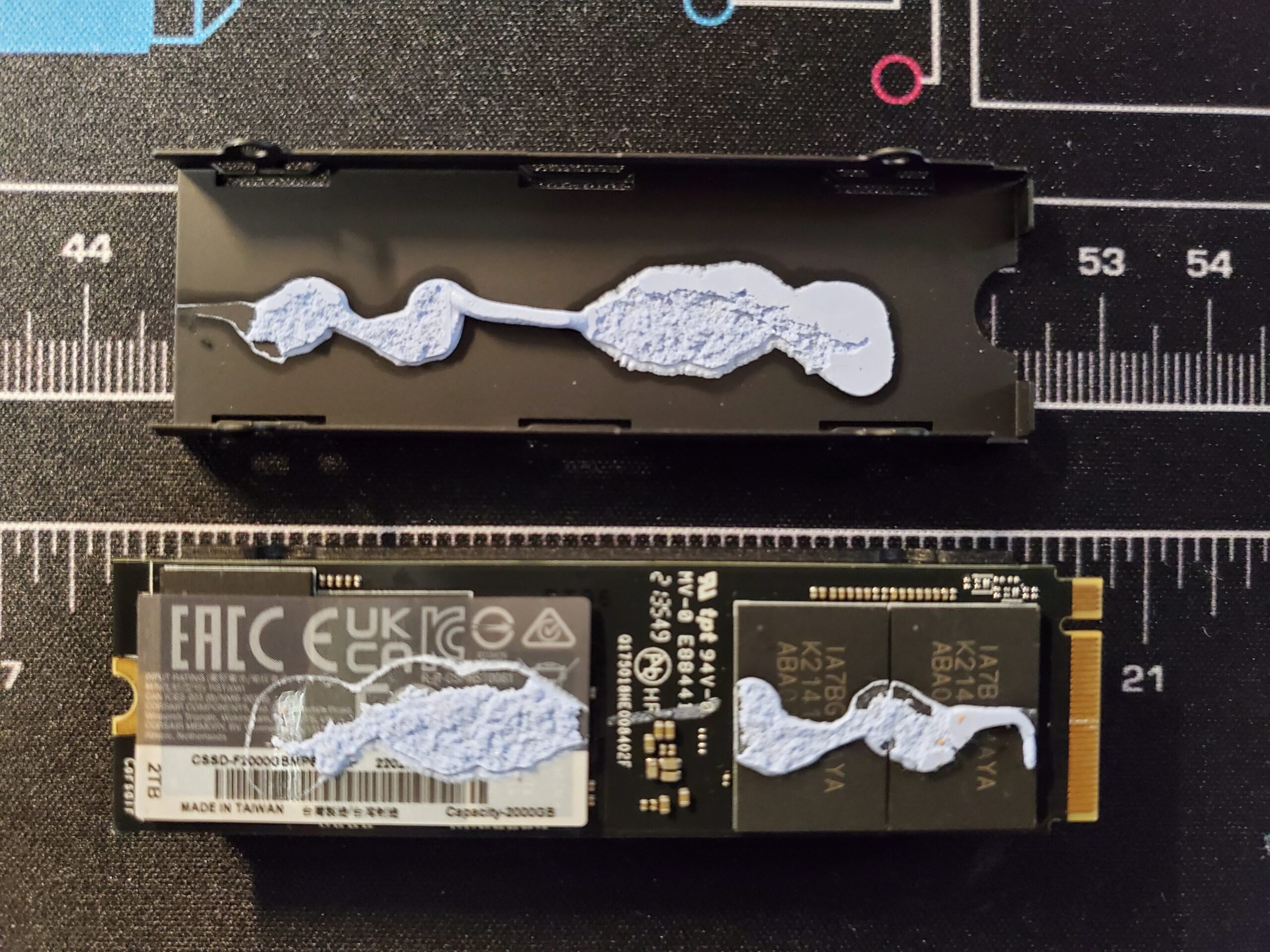
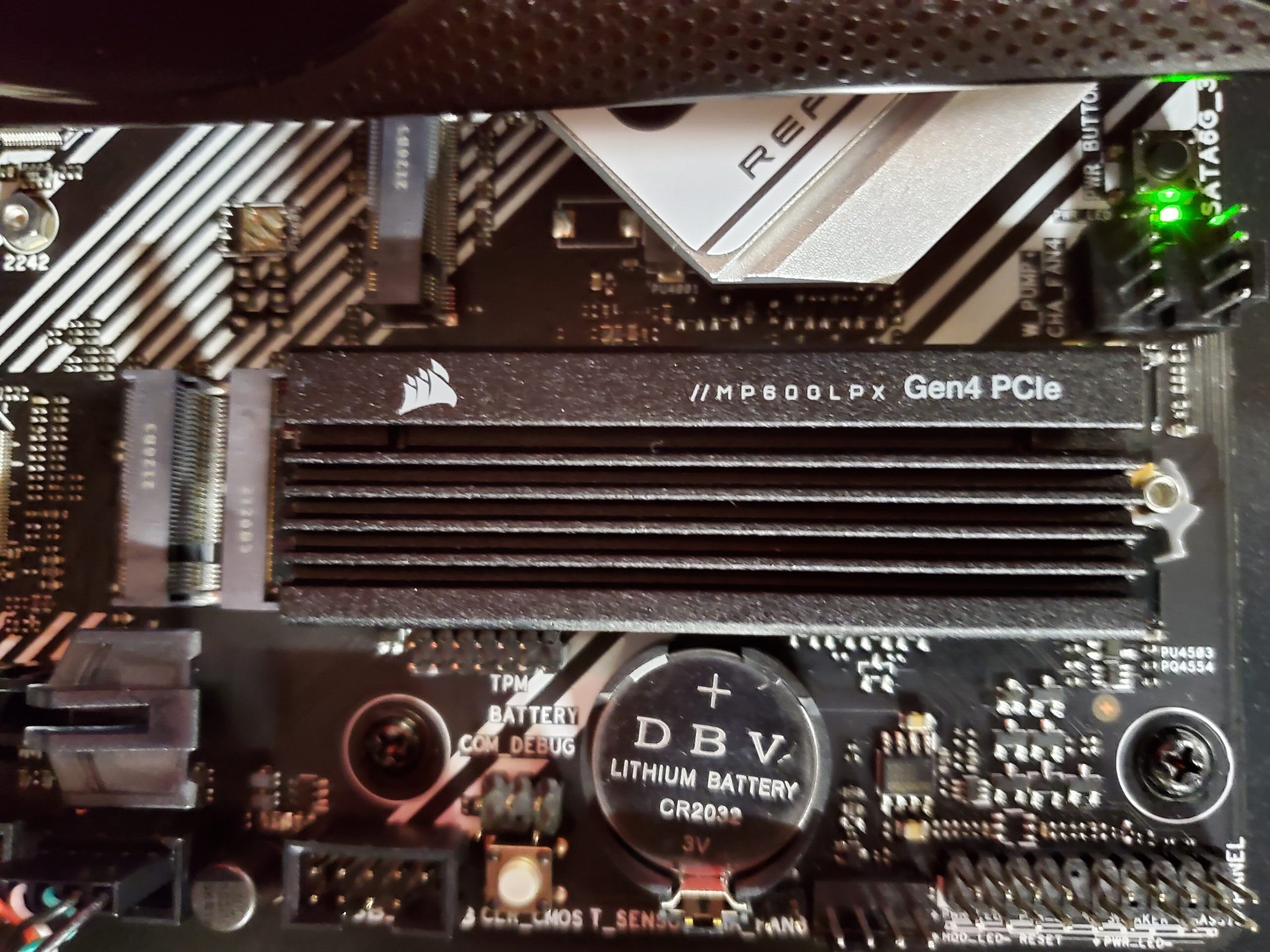






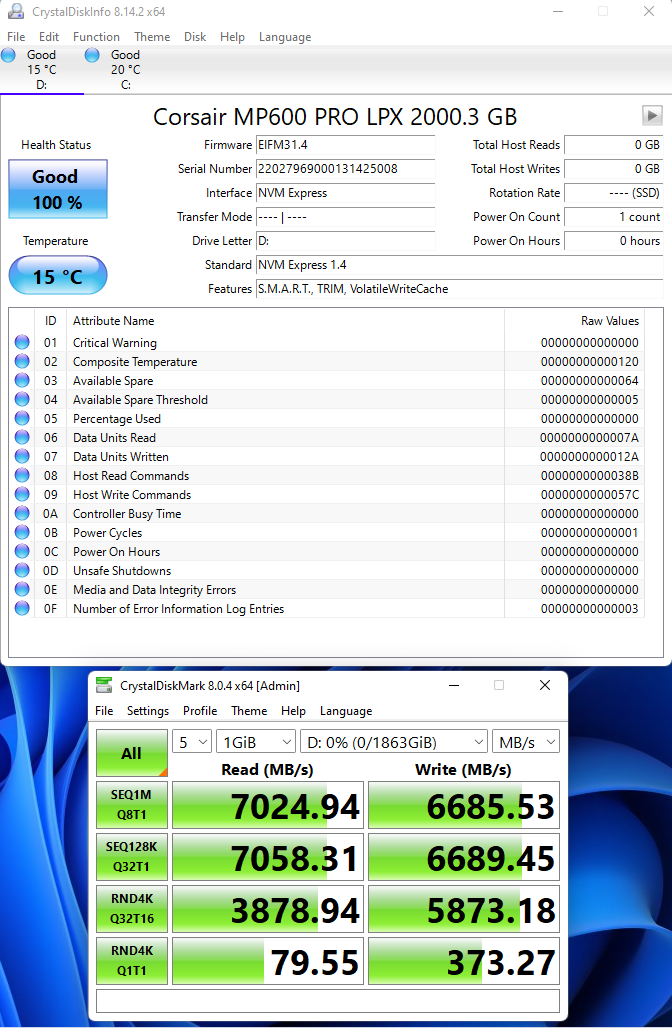

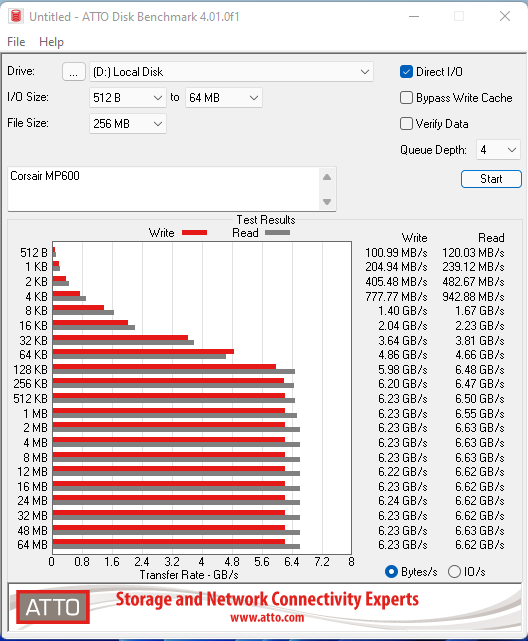
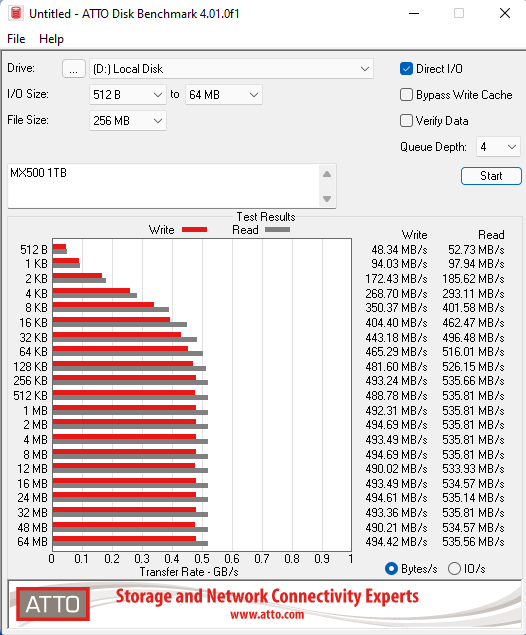
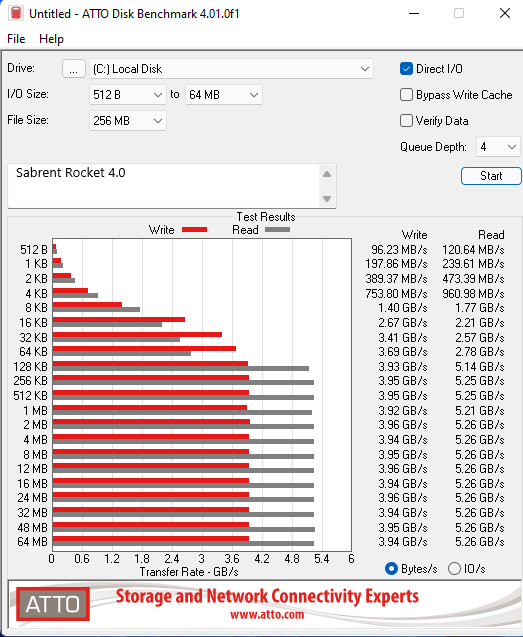
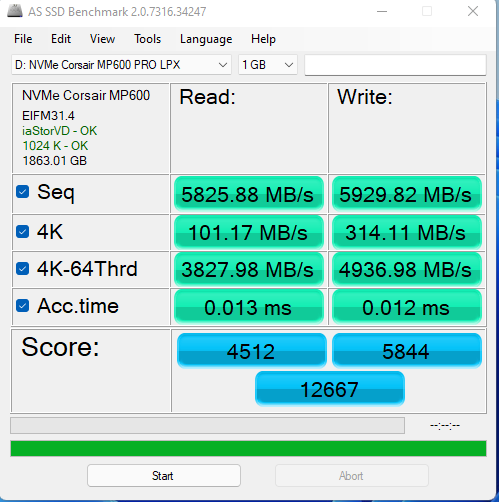
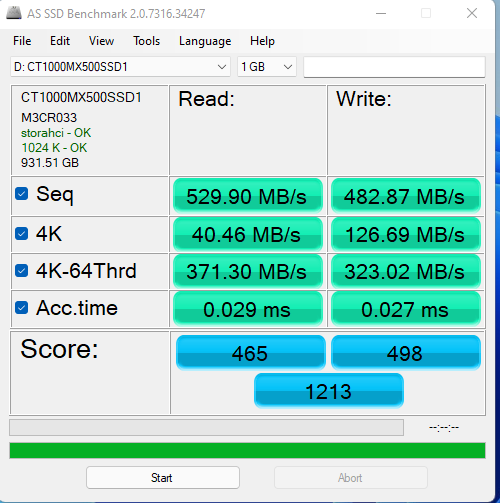
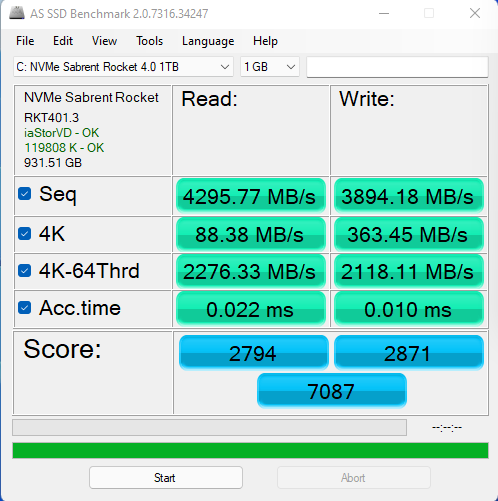
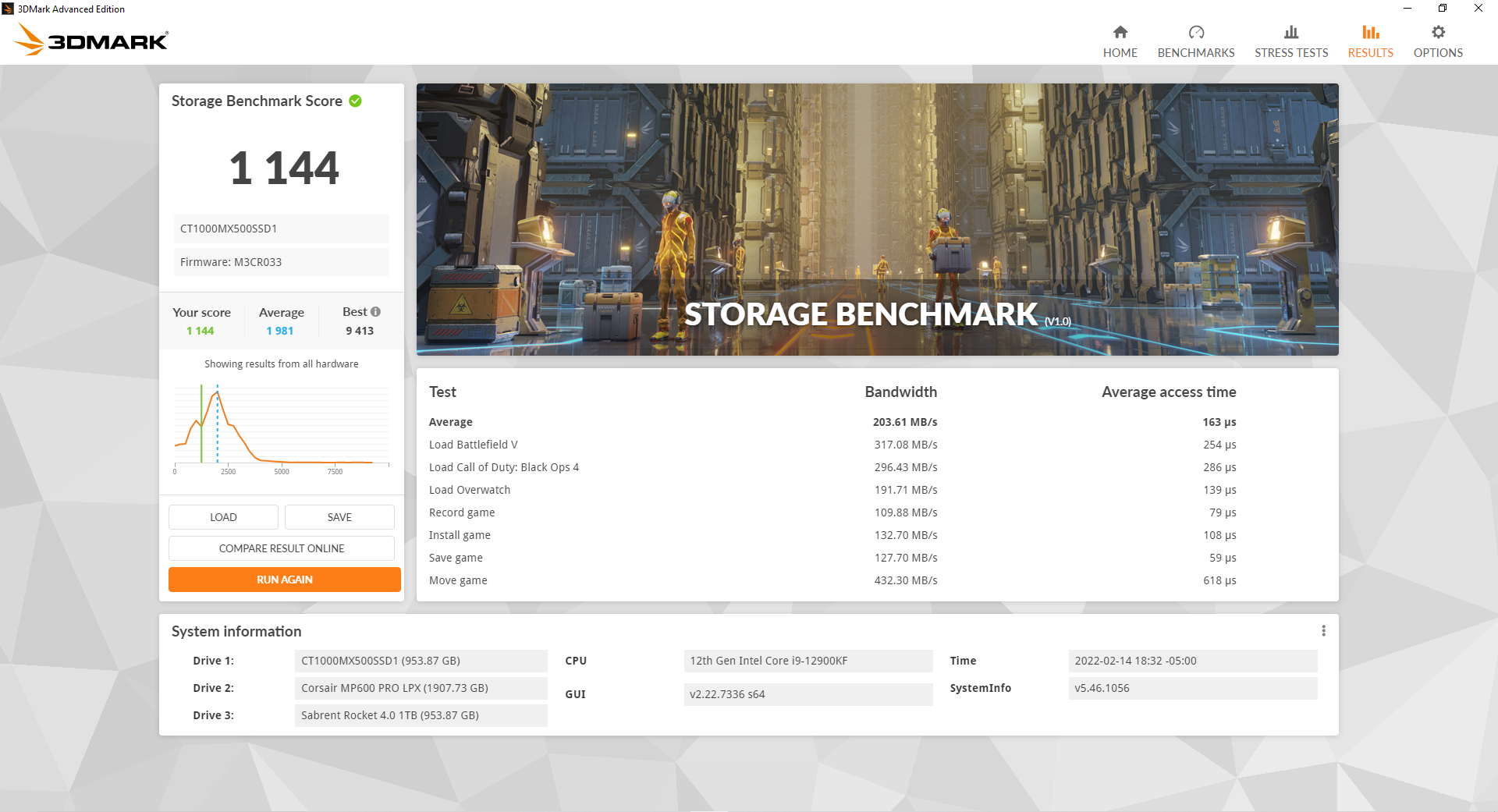
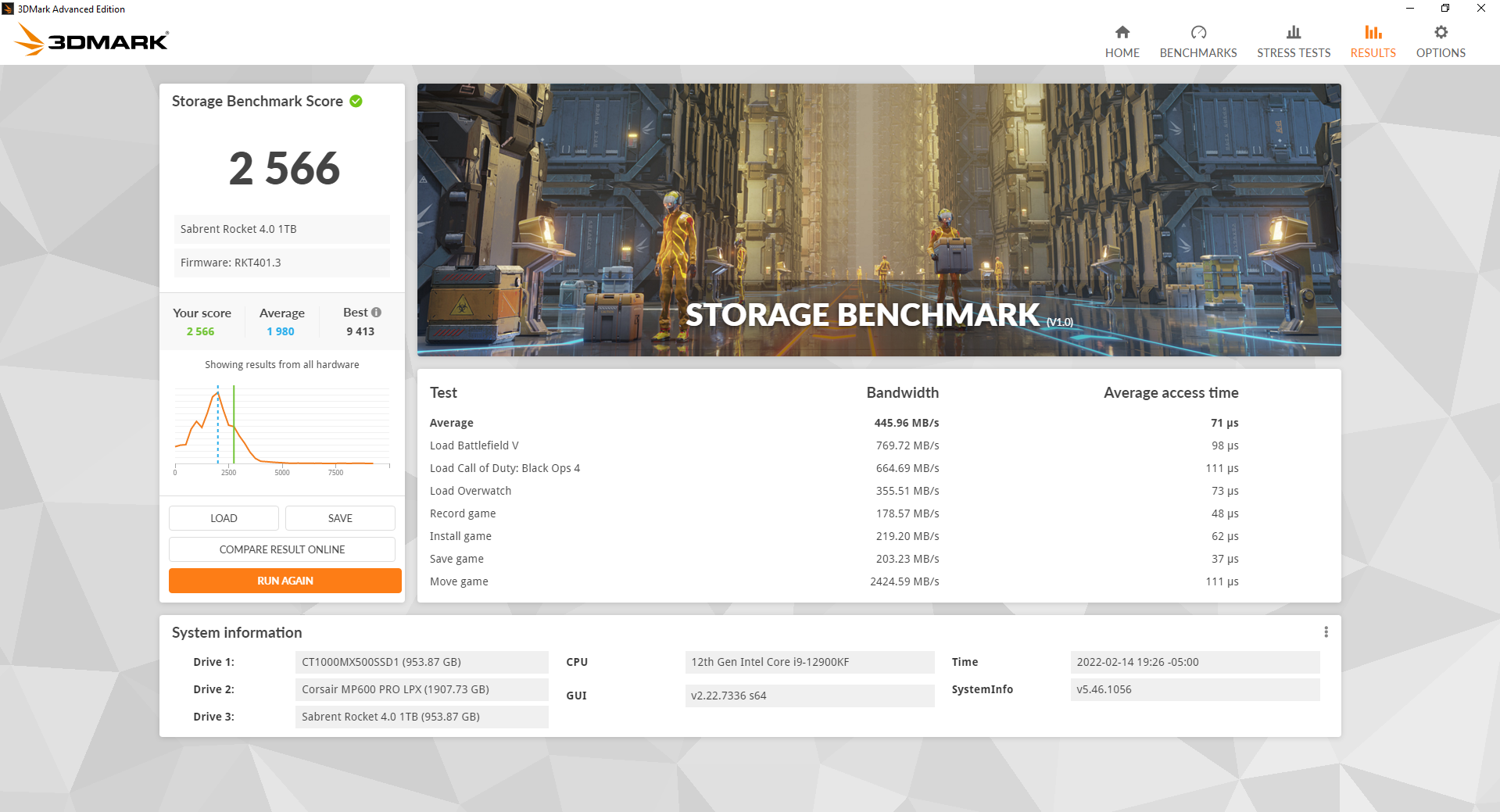
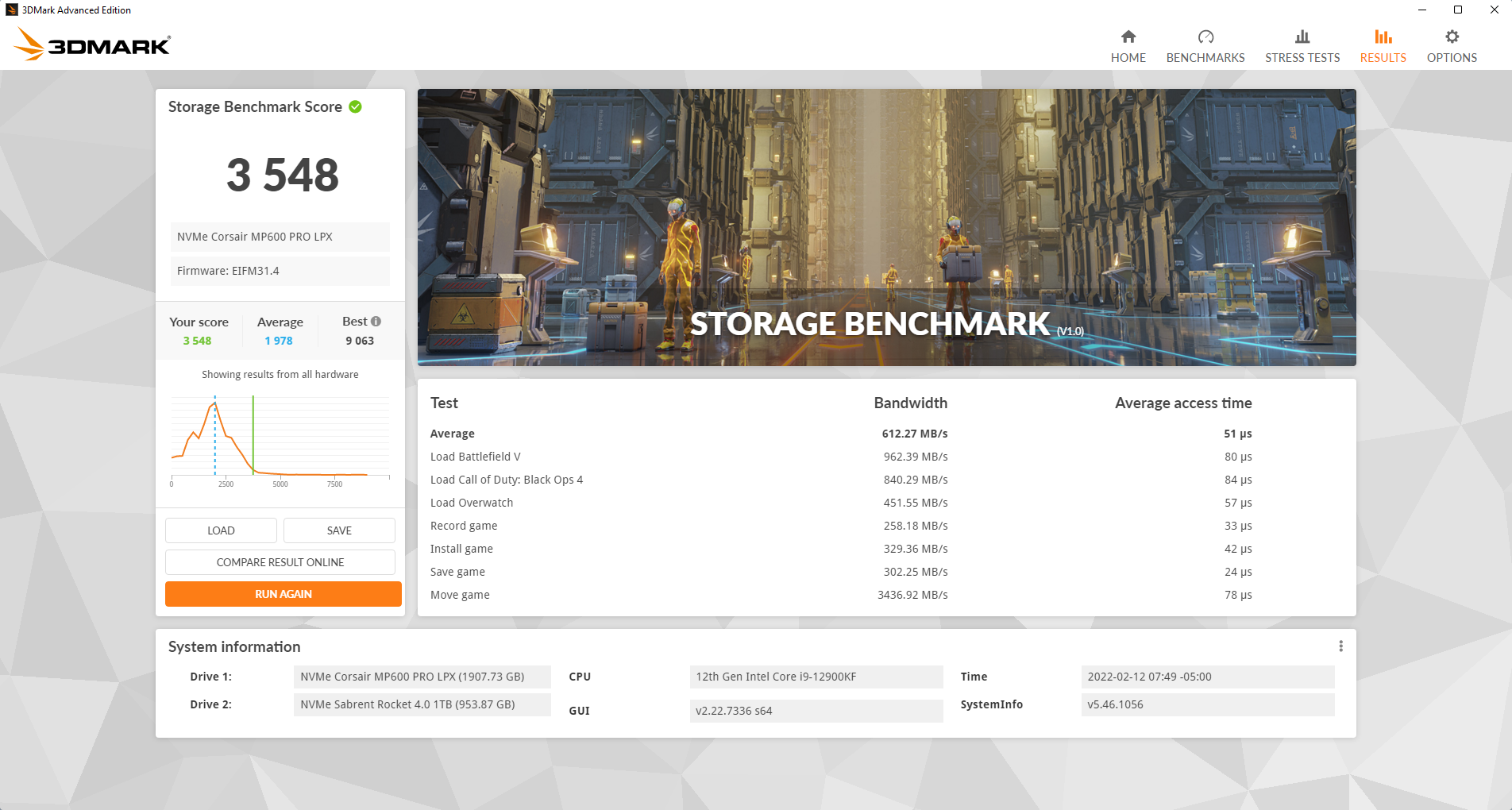


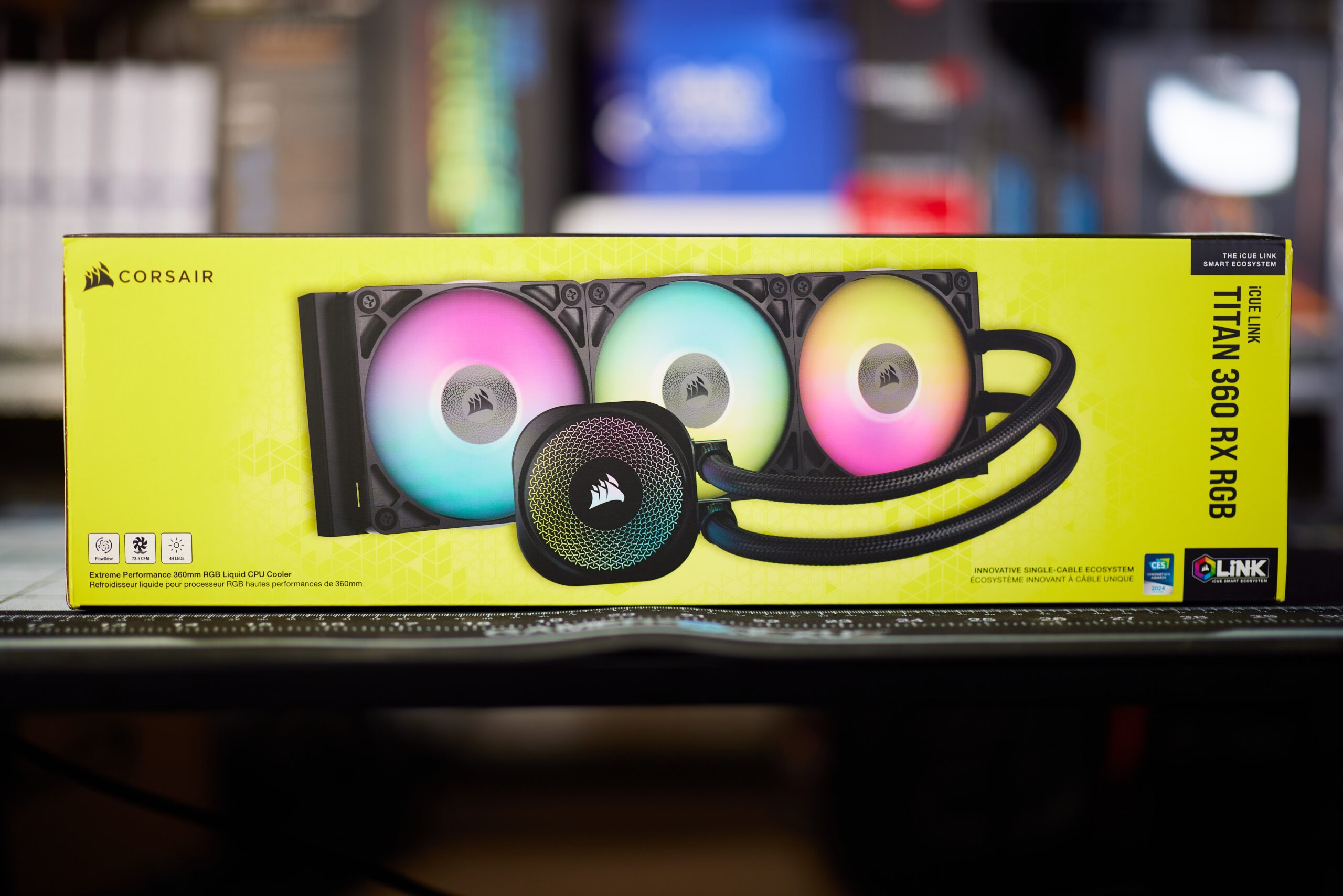
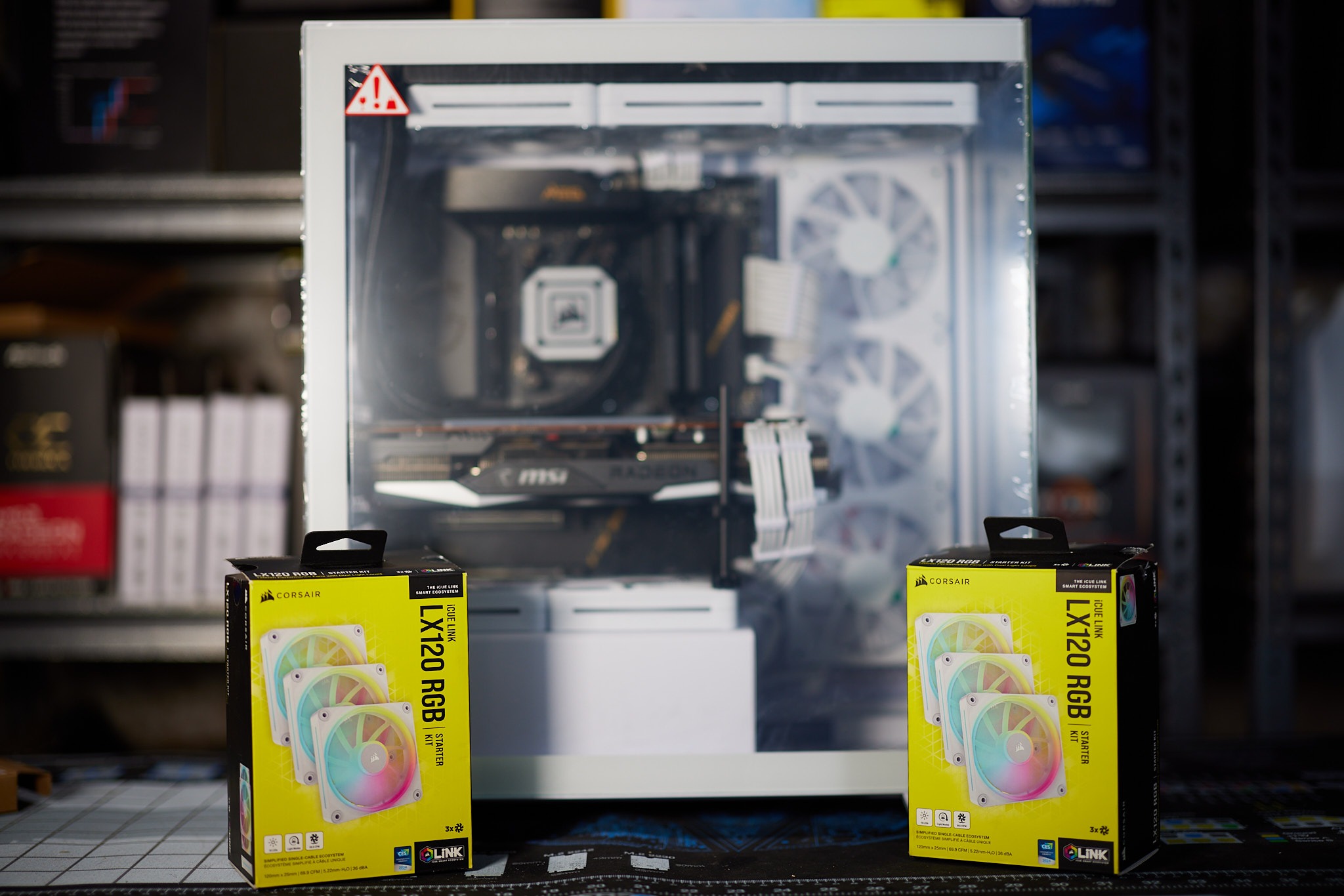
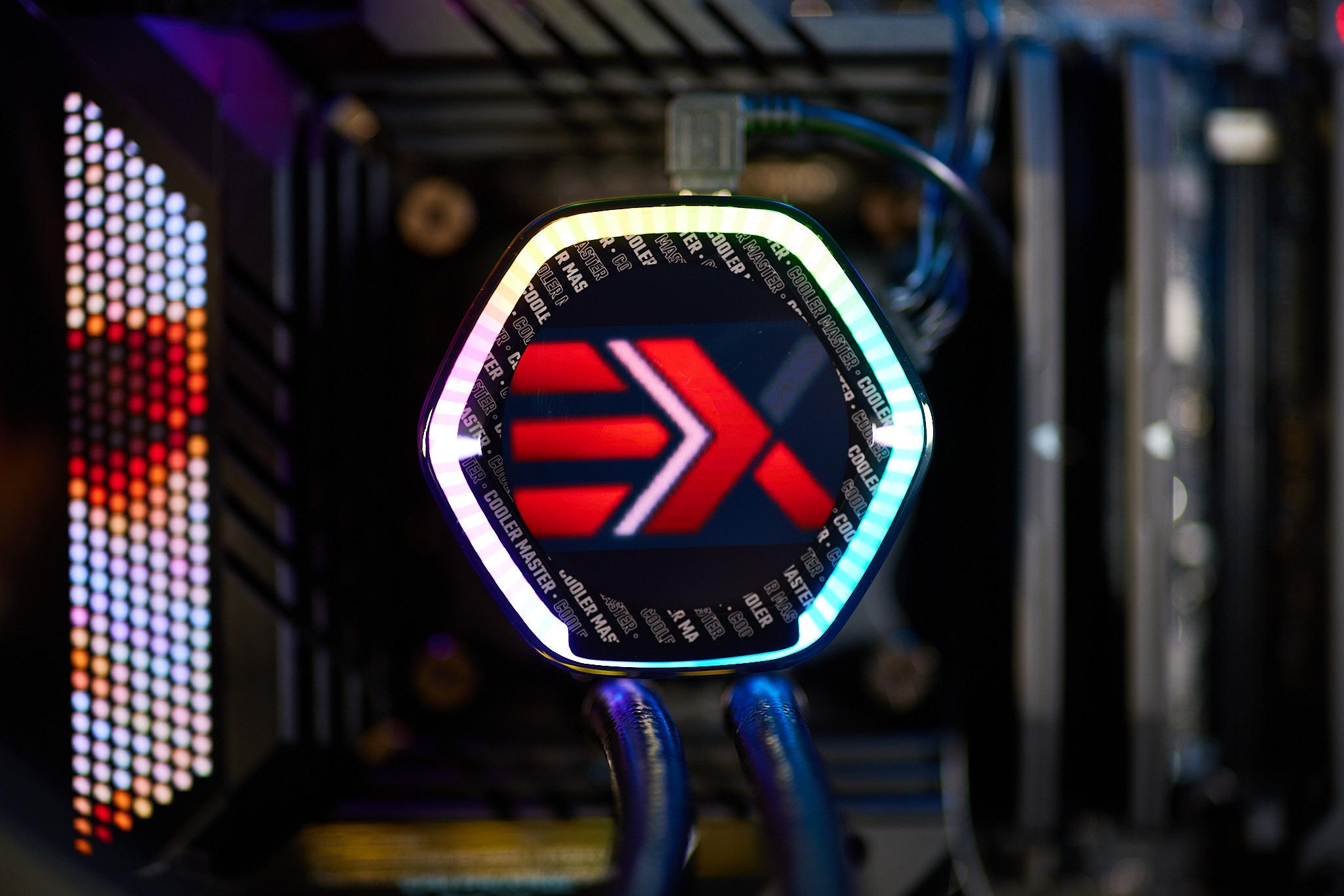
Avocado: “Can you provide me with technical details of the thermal interface material used on this product?”
Corsair: “Yes.”
Avocado: “What are the technical details of the thermal interface material used on this product?”
Corsair: “Yes, we used thermal interface material.”
That is correct. They still haven’t got back to me yet with the specifications. I would think that 5 business days should suffice. I guess not.
Yikes, yeah that thermal putty application is an odd choice.